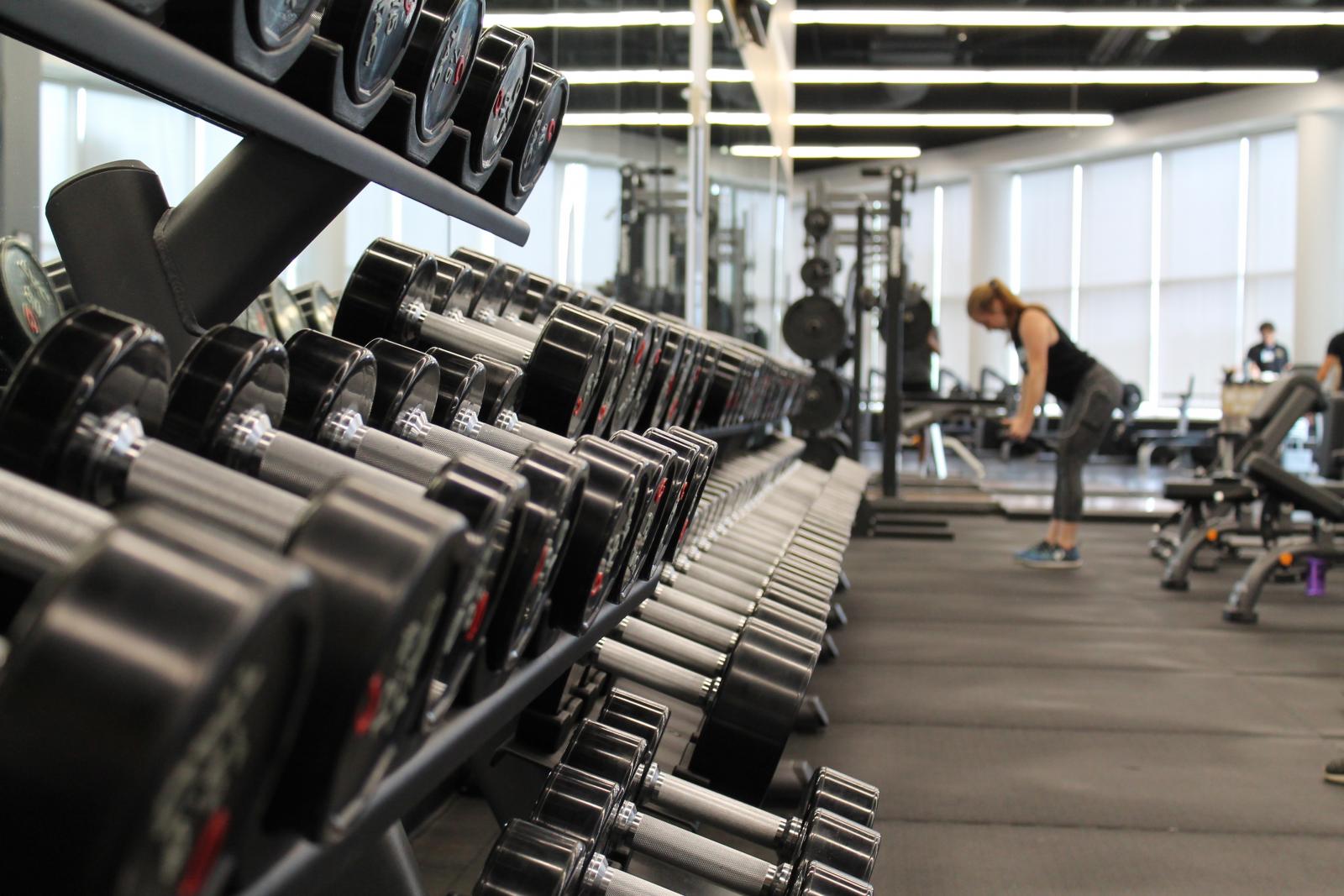The Rise of Gyms and Trainers: A New Era of Preventive Healthcare
People often react promptly to visible signs of health issues like hair loss or wrinkles, seeking treatments when these concerns become apparent. However, problems occurring within the body are often unnoticed until symptoms arise.

In a world dominated by sedentary lifestyles and convenience-driven habits, the importance of physical activity in maintaining good health has never been more crucial. The rise of gyms and fitness trainers signifies a paradigm shift towards preventive healthcare, where regular exercise is becoming the key to unlocking a healthier and more active future. This article explores the growing significance of gyms and trainers in promoting preventive measures, the health benefits of physical activity, and the urgent need for prioritizing preventive healthcare over curative treatments in busy urban cities, especially Kathmandu and other major cities in Nepal.
In today's fast-paced and technology-driven world, the desire for convenience often leads people to neglect the importance of regular physical activities. Modern lifestyles have contributed to a surge in non-communicable diseases, with obesity rates reaching alarming levels in many countries. Unfortunately, the consequences of this epidemic are only the tip of the iceberg, as hidden ailments within our bodies can go unnoticed until it's too late.
The recognition of the immense health benefits of physical activity has given rise to gyms and fitness trainers playing a vital role in preventive healthcare. Gyms offer individuals a space to engage in structured and guided exercise routines tailored to suit their specific needs. Fitness trainers, armed with the latest practices in physical exercise science, are crucial resources in designing personalized workout plans that promote overall well-being. that exercise prescribing will soon replace medicinal prescribing.
Preventive healthcare revolves around the concept of identifying potential health risks early on and taking measures to mitigate or eliminate them. Regular physical activity has been shown to raise metabolism, improve the body's response to inflammation and diseases, and contribute to a longer, healthier life. By investing time and effort in physical activities, individuals can significantly reduce their reliance on medications and curative interventions.
Despite the increasing awareness of the benefits of physical activity, Nepal has failed to promote the significance of preventive measures. Open spaces are shrinking, making it difficult for individuals to find places to exercise. While pharmacies and hospitals thrive, the emphasis on preventive measures is seriously neglected by governments and policymakers. Oftentimes, the investors in hospitals and pharmacies are the same policymakers and politicians who talk about health care promotion. To combat the epidemic of non-communicable diseases and prioritize preventive healthcare, governments must recognize the importance of open spaces and invest in creating more recreational areas for public use.
Additionally, the private sector's significant investment in the fitness industry demonstrates the growing demand for gyms and trainers, emphasizing the shift towards preventive measures. A tax subsidy for health clubs, fitness centers, or gyms would further encourage private investments, resulting in more job opportunities inside Nepal and directly impacting the health and well-being of Nepal's population.
Regular physical activity is the key to sustainable health and longevity. It not only helps combat obesity and chronic diseases but also improves mental well-being and cognitive function. Beyond the gym, promoting an active lifestyle and physical education practices in schools and workplaces can further instill a culture of regular exercise.
Gyms and trainers are emerging as powerful agents in the transformation of healthcare from a curative-focused approach to a preventive one. Through regular physical activities, individuals can take charge of their health and well-being, reducing their reliance on medications and curative treatments. Governments must play a crucial role in creating conducive environments for exercise, while individuals must embrace the significance of preventive measures in safeguarding their future health. By making exercise a priority, we can pave the way for a healthier and more vibrant society.
Nepali Youth Fitness & Calisthenics is a non-profit organization at the forefront of the calisthenics community in Nepal. We offer free structured classes and have contributed to the establishment of over 50 Calisthenics Parks across the country. Our aim is to combat the rise of non-communicable diseases caused by sedentary lifestyles by promoting regular physical activity. Through easily accessible and free platforms, we encourage people to adopt an active lifestyle, thus reducing the need for hospital treatments in the long run.

We would love to work together if you have similar goals. If you want to connect with us, reach us through this email: sukadevkarki@gmail.com
Together for a Fitter Nepal
Sukadev Karki
Founder: Nepali Youth Fitness & Calisthenics
Head Coach: Befit Fitness Studio
Lecturer and Founder: Nepali Youth Fitness Academy
Powerlifting and Bodybuilding National Athlete and Coach


